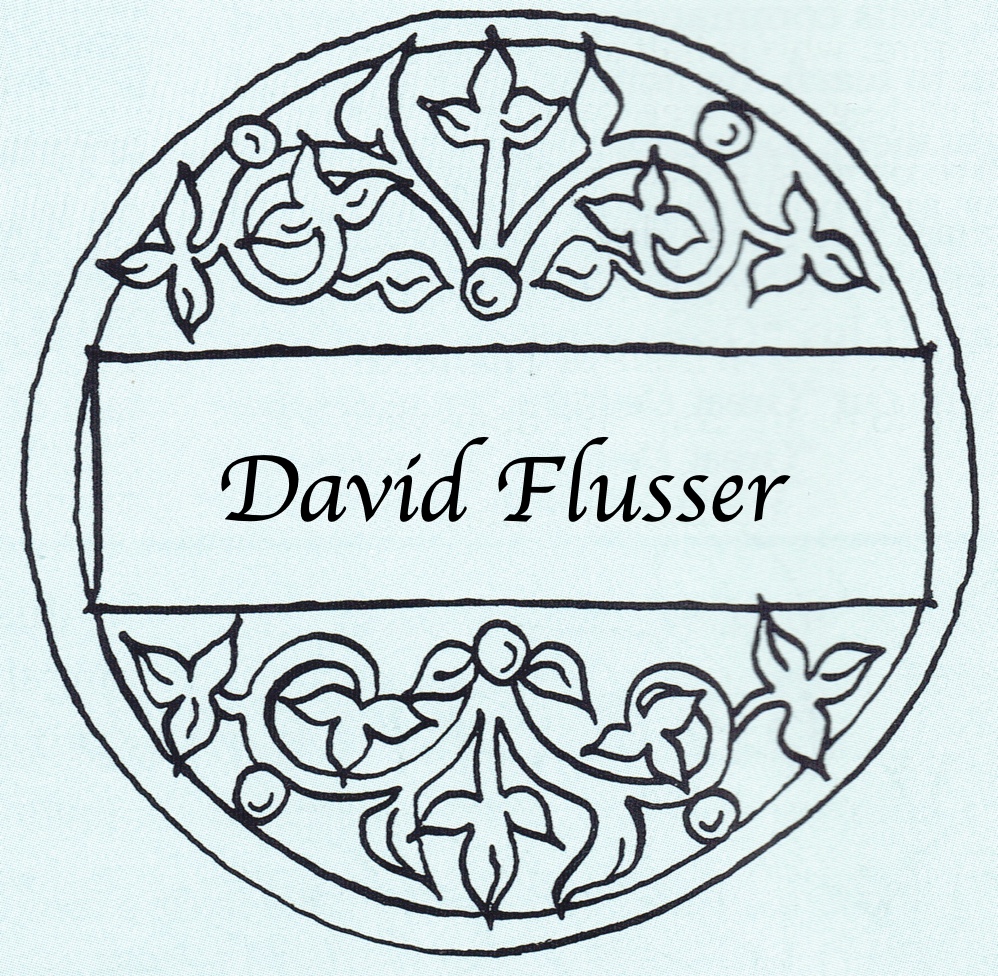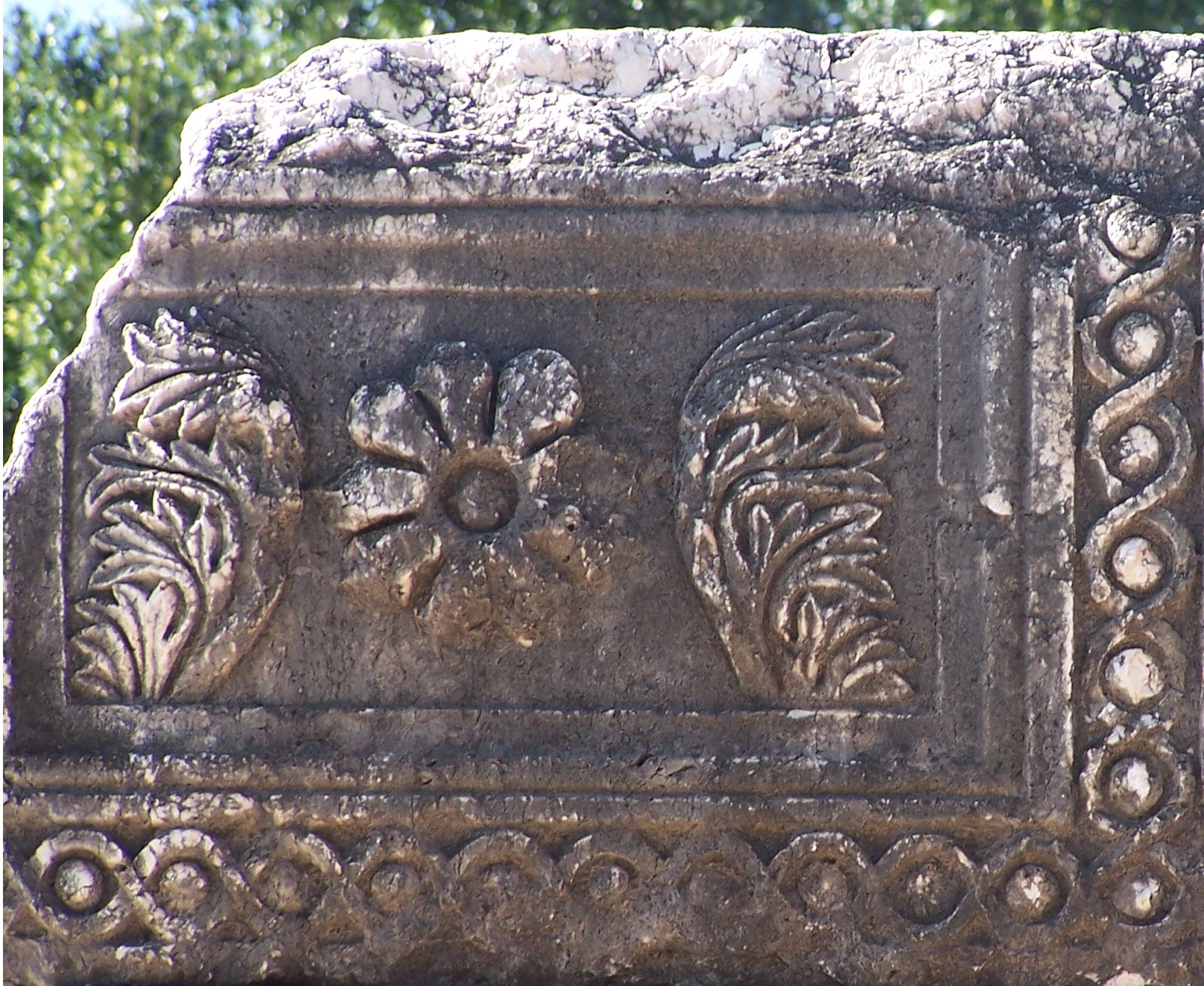How to cite this article: David Flusser, “‘It Is Said to the Elders’: On the Interpretation of the So-called Antitheses in the Sermon on the Mount” Jerusalem Perspective (2014) [https://www.jerusalemperspective.com/11496/].

Jesus’ Sermon on the Mount deserves endless study,[1] and the more one studies ancient Jewish sources, the clearer the meaning of these words of Jesus becomes.
Even at first glance, Matthew 5:17-48, the core of the Sermon on the Mount, has a distinctly Jewish feel. On the surface, however, this sermon can give the dangerous and deceiving impression that it sharply opposes the spirit of Judaism. Some time ago a critic sent me his thesis in which he concluded that the only original material in this exegetical homily was its antitheses where Jesus highlights his unique approach by introducing his comments with, “But I tell you.” One New Testament commentary suggests that in this pericope Jesus is not contrasting his ethic with the interpretation of Scripture in his day, but with the Torah itself.[2] In this article I will attempt to treat this matter more carefully and fairly than many exegetes do when they analyze Jesus’ words.
Premium Members and Friends of JP must be signed in to view this content.
If you are not a Premium Member or Friend, please consider registering. Prices start at $5/month if paid annually, with other options for monthly and quarterly and more: Sign Up For Premium
Notes
- Cf. inter alia David Flusser, “Die Tora in der Bergpredigt,” in Juden und Christen lesen dieselbe Bibel (ed. Heinz Kremers; Duisburg: Braun, 1973), 102-113 [for an English translation of this article on WholeStones.org, click here—JP]; idem, “A Rabbinic Parallel to the Sermon on the Mount,” in Judaism and the Origins of Christianity (Jerusalem: Magnes, 1988), 494-508.[↩]
- W. D. Davies and D. C. Allison, The Gospel According to Saint Matthew, ICC (Edinburgh: T&T Clark, 1988), 505-509.[↩]


![David Flusser [1917-2000]](https://www.jerusalemperspective.com/wp-content/uploads/userphoto/21.jpg)

Comments 1
On the subject of not making vows, the teacher of Ecclesiastes has written, “When you make a vow to God, do not delay in fulfilling it. He has no pleasure in fools; fulfill your vow. It is better not to vow than to make a vow and not fulfill it. Do not let your mouth lead you into sin. And do not protest to the messenger, ‘My vow was a mistake.’ Why should God be angry at what you say and destroy the work of your hands? Much dreaming and many words are meaningless. Therefore stand in awe of God.” (Eccl.5:4-7) We are studying the beatitudes in our small group in order to better understand God’s grace. This article will be a good resource. Thank you.